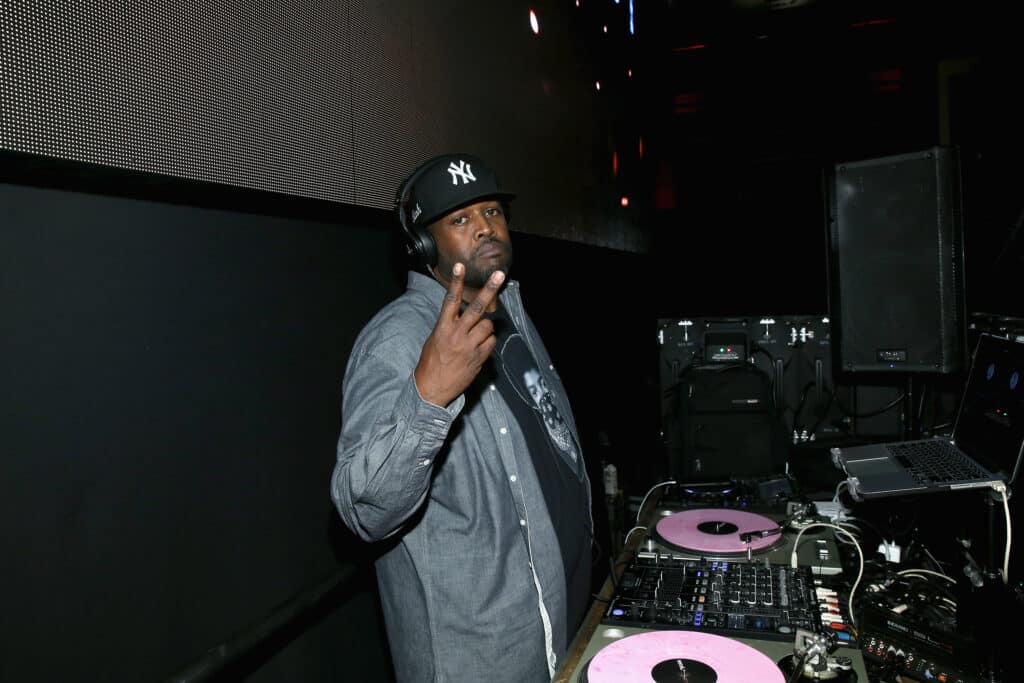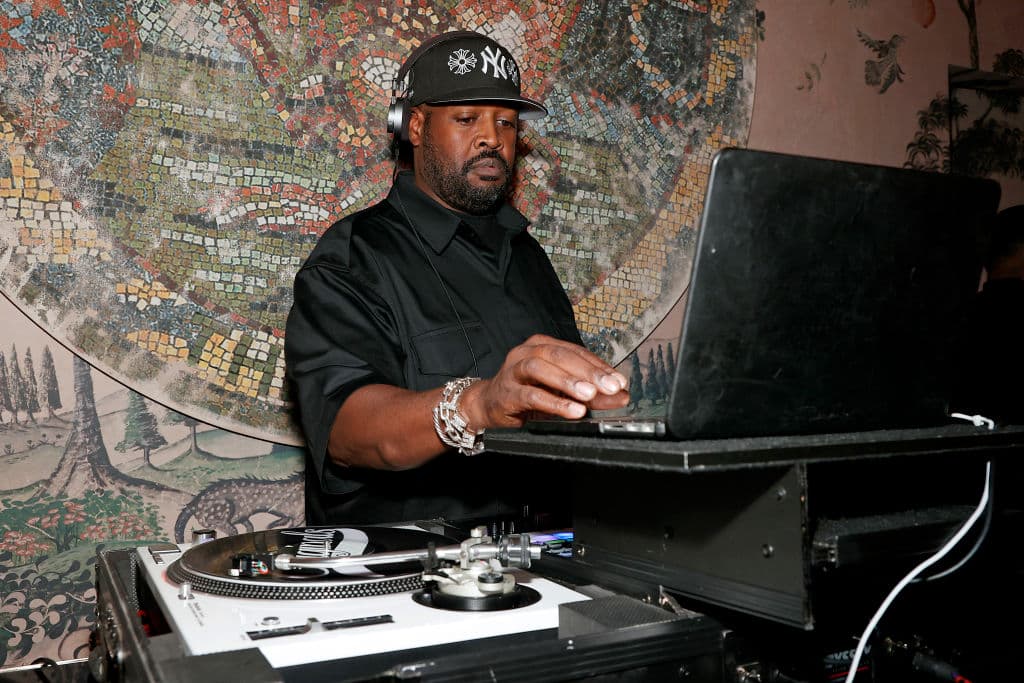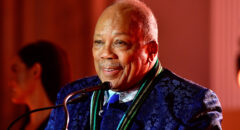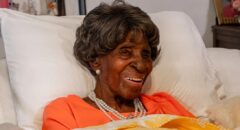
World-famous DJ Clark Kent has passed away at 58 years old following a three-year battle with colon cancer. Clark Kent’s family confirmed his death in a statement posted to the super-producer’s Instagram page on Friday afternoon (Oct. 25).
“It is with deep sadness that we share the passing of the beloved Rodolfo A. Franklin, known to the world as DJ Clark Kent,” the statement reads. “Clark passed away Thursday evening surrounded by his devoted wife Kesha, daughter Kabriah and son Antonio.”
DJ Clark Kent’s Disease is Part of a Bigger Problem
Clark’s passing to colon cancer has resurfaced the conversation about Black men and their need to be screened for the disease. The sudden passing of actor Chadwick Boseman in 2020 really brought this conversation to light.
Black men are at a higher risk of developing colorectal cancer than other racial and ethnic groups in the United States:
Incidence
Non-Hispanic Black men have a higher incidence of colorectal cancer than all men, with 58.3 cases per 100,000 people compared to 46.9 per 100,000.
Mortality
Black men are about 40% more likely to die from colorectal cancer than other groups.
Screening
The American Cancer Society recommends that African American men start getting colon cancer screenings at age 45.
Some reasons for the higher risk of colorectal cancer in Black men include:
- Access to care: Barriers to high-quality screening and care include lack of health insurance, lower-paying jobs, and lack of access to healthy food.
- Risk factors: Differences in risk factors are related to socioeconomic status.
Symptoms Black Men Should Look for
Symptoms of colorectal cancer include:
- Changes in bowel habits, such as constipation, diarrhea, or narrow stools
- Rectal bleeding
- Blood in stool
- Abdominal cramping or pain
- Weakness and fatigue
- Unexplained weight loss
Reducing Black Men’s Risk
Some things you can do to reduce your risk of colorectal cancer include:
- Maintaining a healthy weight
- Eating a plant-based diet
- Limiting red and processed meat
- Limiting alcohol
- Avoiding smoking and tobacco products
- Getting enough sleep
Kent was Instrumental in Shaping Hip-Hop Music & Culture
Kent was known for his contributions to the hip-hop community, and also for his sneaker collection. Throughout his career, he produced songs for hip-hop heavyweights like JAY-Z, Notorious B.IG., Rakim, Lil Kim, Kanye West and more. He referred to him himself as “God’s favorite DJ.”
In the late 1980s, DJ Clark Kent was legendary rap pioneer Dana Dane’s DJ. Around this time, Kent would DJ at clubs such as one just around the block from Downtown Records on West 26th Street in Manhattan which was a short-lived hip-hop hotbed with other DJs also performing there, such as Funkmaster Flex and Kid Capri. In 1989, he produced the remix for Troop’s hit song “Spread My Wings.”
He later scored his first street hit with the Junior M.A.F.I.A. song “Player’s Anthem” which featured The Notorious B.I.G. and was also the first record that Lil’ Kim appeared on. The biggest hit he produced was “Loverboy” by Mariah Carey, which peaked at #2 in the US on Billboard’s Hot 100 chart. He has produced tracks for artists such as Lil’ Kim, The Notorious B.I.G., Lil’ Vicious, Mona Lisa, 50 Cent, Canibus, Mad Skillz, Estelle, Slick Rick and Rakim, as well as groups like The Future Sound and Original Flavor, which were signed to East West Records and Atlantic Records respectively. Both groups were signed by Clark, who was a director of A&R at Atlantic at the time.

Damon Dash, one-time manager of The Future Sound and Original Flavor, has credited DJ Clark Kent with introducing him to Jay-Z. Original Flavor featured the then little-known rapper on their single “Can I Get Open” in 1993. This would lead to the 1994 start of Roc-A-Fella Records, and further collaborations between Clark and Jay-Z, who met when they were teenagers, as Clark would go on to produce three tracks on Jay-Z’s critically acclaimed debut album, Reasonable Doubt. The tracks were: “Brooklyn’s Finest”, which features The Notorious B.I.G., “Coming of Age”, which features Memphis Bleek, and “Cashmere Thoughts”, which contains a conversation between Clark and Jay-Z.
Clark stated that he was the one who introduced Biggie to Jay-Z at the studio session for their collaboration. During this time, Clark would also introduce his cousin Foxy Brown to Jay-Z, and the two would team up on the hit single “Ain’t No Nigga”. On 2003’s The Black Album, billed as his “retirement” project, Jay-Z alludes to Clark’s role in helping him break into the industry, on the album’s last song (titled “My 1st Song”). He states: “Clark Kent, that was good lookin’ out, nigga.”
Clark also discovered rapper Shyne, whom he accidentally overheard rhyming in a barbershop, in 1998. Noting the young MC’s vocal similarity to The Notorious B.I.G., Clark steered him towards Bad Boy Records and Sean “Puff Daddy” Combs signed him.








